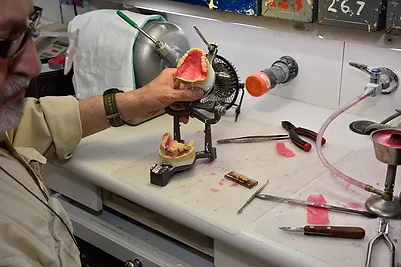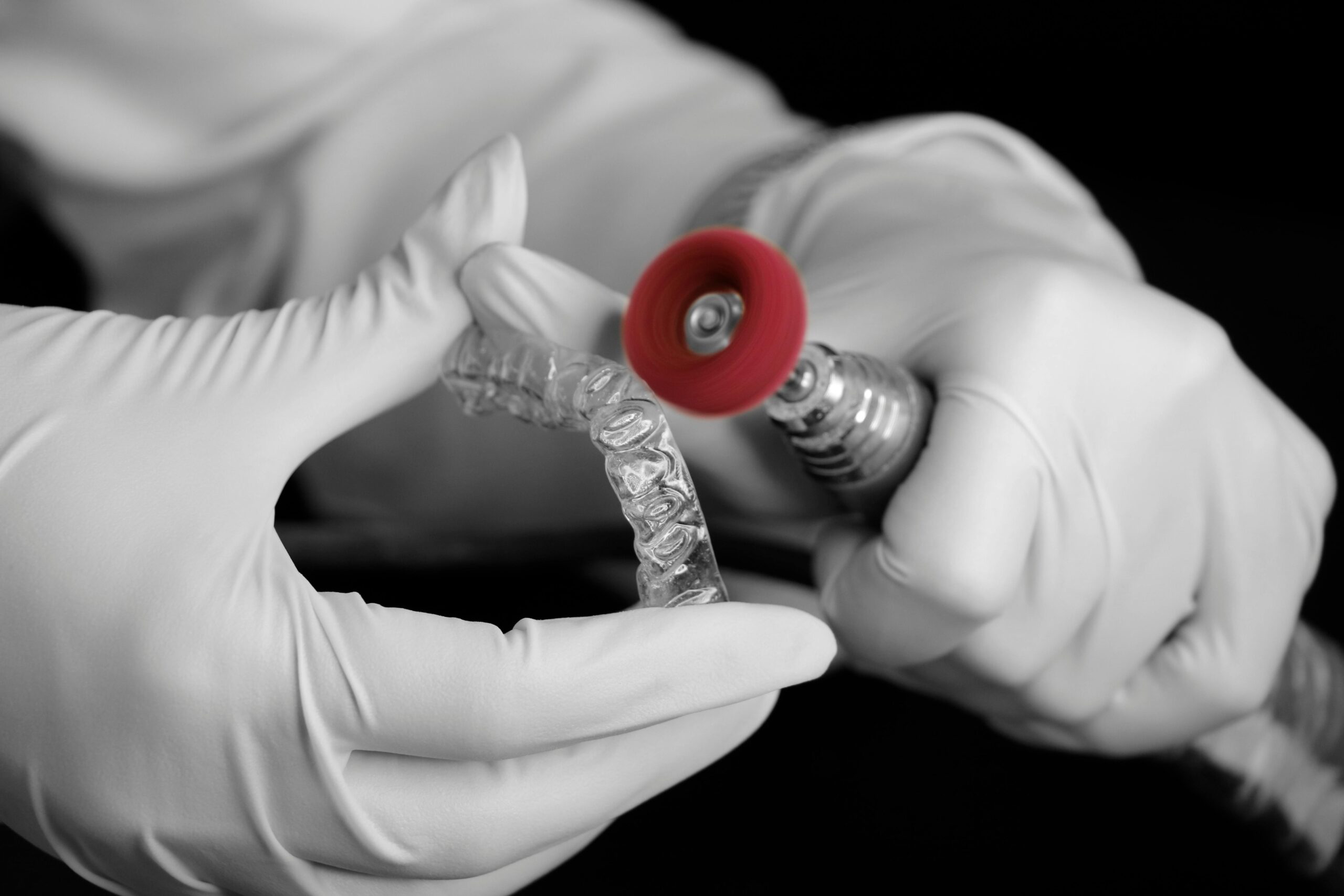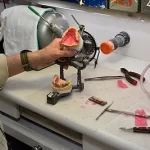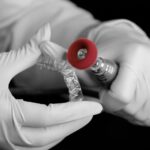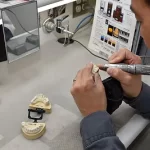Dental laboratories are the unsung heroes of the dental industry. While dentists are the faces of dental care, it is the skilled technicians and cutting-edge technology in dental labs that ensure patients receive the highest quality prosthetics and restorative solutions. This blog delves into the essential functions of dental laboratories, their contributions to patient care, and the innovative technologies that drive the industry forward.
What is a Dental Laboratory?
A dental laboratory is a facility where dental prosthetics, including crowns, bridges, dentures, and other orthodontic appliances, are crafted. These labs work closely with dentists to create custom solutions tailored to the unique needs of each patient. The primary goal is to restore and enhance the functionality, appearance, and overall oral health of patients.
Key Services Provided by Dental Laboratories:
1. Crown and Bridge Fabrication
Crowns and bridges are essential for restoring damaged or missing teeth. Dental labs use materials such as porcelain-fused-to-metal (PFM), ceramics, and zirconia to create durable and aesthetically pleasing restorations. Technicians meticulously craft each piece to match the patient’s natural teeth, ensuring a seamless fit and appearance.
2. Removable Dentures
For patients missing multiple teeth, dental labs create partial or full dentures. Cast metal partial dentures offer a strong and stable solution for patients who need partial replacements. Full dentures, on the other hand, provide a complete set of prosthetic teeth for those who have lost all their natural teeth.
3. Orthodontic Appliances
Dental labs also produce a variety of orthodontic appliances, such as retainers, aligners, and braces. These devices help in correcting teeth alignment and bite issues, contributing to improved oral health and aesthetics.
4. Implant Restorations
Dental implants are a revolutionary solution for tooth loss. Labs create custom abutments and crowns that attach to the implants, providing a permanent and natural-looking replacement for missing teeth.
Advanced Technology in Dental Labs
Modern dental laboratories leverage cutting-edge technology to enhance precision and efficiency. Some of the most significant advancements include:
1. CAD/CAM Technology
Computer-Aided Design and Computer-Aided Manufacturing (CAD/CAM) systems allow for the digital design and fabrication of dental restorations. This technology ensures high accuracy and consistency, reducing the margin for error.
2. 3D Printing
3D printing has revolutionized the production of dental prosthetics. It allows for rapid prototyping and the creation of complex structures with high precision. This technology is particularly beneficial for creating models, surgical guides, and custom trays.
3. Digital Impressions
Traditional molds are being replaced by digital impressions, which are taken using intraoral scanners. These digital files are then sent directly to the dental lab, speeding up the workflow and enhancing accuracy.
4. Material Innovations:
The development of new materials, such as zirconia and lithium disilicate, has improved the durability and aesthetics of dental restorations. These materials mimic the natural appearance of teeth and provide long-lasting results.
The Craftsmanship of Dental Technicians
Despite the advent of advanced technology, the skill and artistry of dental technicians remain invaluable. These professionals combine their knowledge of dental anatomy, materials science, and artistic ability to create restorations that look and function like natural teeth. The attention to detail in shaping, shading, and finishing each piece ensures that patients receive the highest quality restorations.

